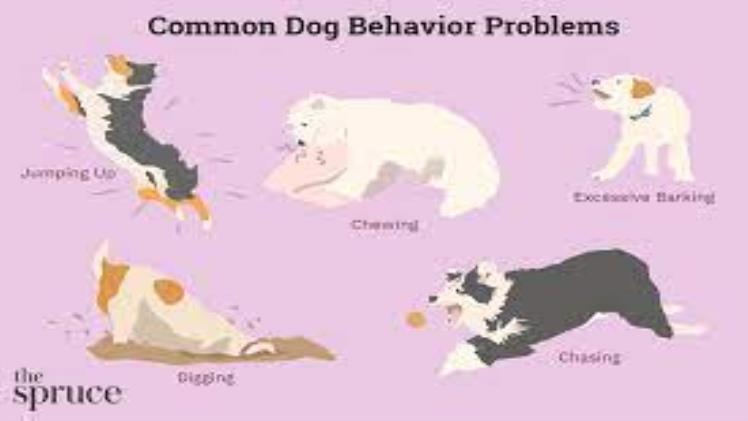Understanding Pet Behavior

Pet behavior is the study of a dog or cat’s emotions, thoughts and behaviors. This knowledge is essential for animal professionals such as veterinarians, pet groomers and trainers, but also essential for those who own pets or provide care to them.
Understanding a dog or cat’s behavior will help you create a deeper bond with your furry friend. You’ll get insight into their emotions and what can be done to ensure they feel secure, contented, and healthy.
Some behaviors are genetically determined and expressed through genes, urdupoetry while others can be learned through environmental experiences. Dogs and cats often exhibit certain behavior traits as a survival instinct or to communicate with humans (e.g., furrowing their brows or looking guilty), but others are learned through environmental exposures.
It is also possible that a dog’s behavior problems are due to medical conditions. A clinical history and physical examination can help determine Shayari whether there is an underlying cause for the problem. If so, treatment of that medical issue may take precedence over behavior therapy.
Treatments for behavior disorders in animals may include diet modifications, medications, steroid injections or surgery. They may also involve a drug trial to test the effects of one or more drugs that might influence an animal’s behavior.
To determine the cause of your pet’s behavior issue, a veterinarian should conduct Tenapk a full history and physical exam. This includes an in-depth description of the behaviour as well as any changes to environment or schedules that have taken place over recent months.
Any medical condition that causes your pet discomfort or pain can influence their behavior. This could include thyroid disease, arthritis, an infection, dental problems or any other issue that makes the animal more aggressive and irritable.
Some animals may become anxious and agitated when left alone for extended periods, or exposed to an unfamiliar or stressful situation. This may manifest in behaviors such as excessive barking, jumping, and scratching in response to being separated from their owners.
These behaviors can cause stress to the owner, such as accidents and odors that disrupt life in the home. Furthermore, these behaviors create a large financial burden such as medication costs, veterinary visits, and behavior/training consultations.
Additionally, providing your pet with MegaPersonal plenty of exercise and playtime is beneficial. Doing so can reduce frustration levels and release pent up energy that could otherwise lead to aggression.
Reward your pet for good behavior and avoid aversive training methods that might trigger negative emotions such as fear or anger in them. Furthermore, be consistent in their training regimen.
Spending quality time with your animal, particularly when they are younger, is essential. Playing and bonding with them will reinforce that you both belong together and will deepen the bond between both of you.